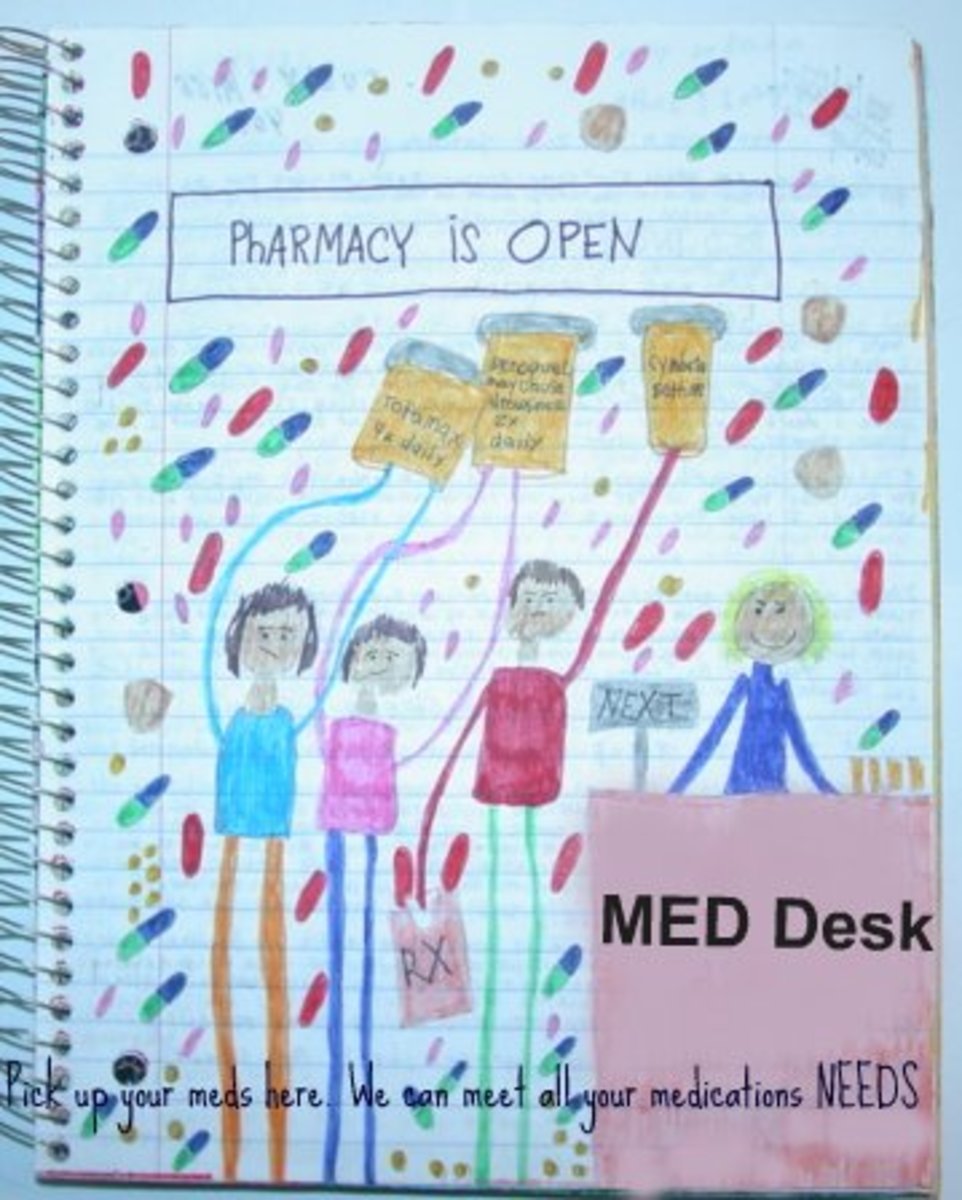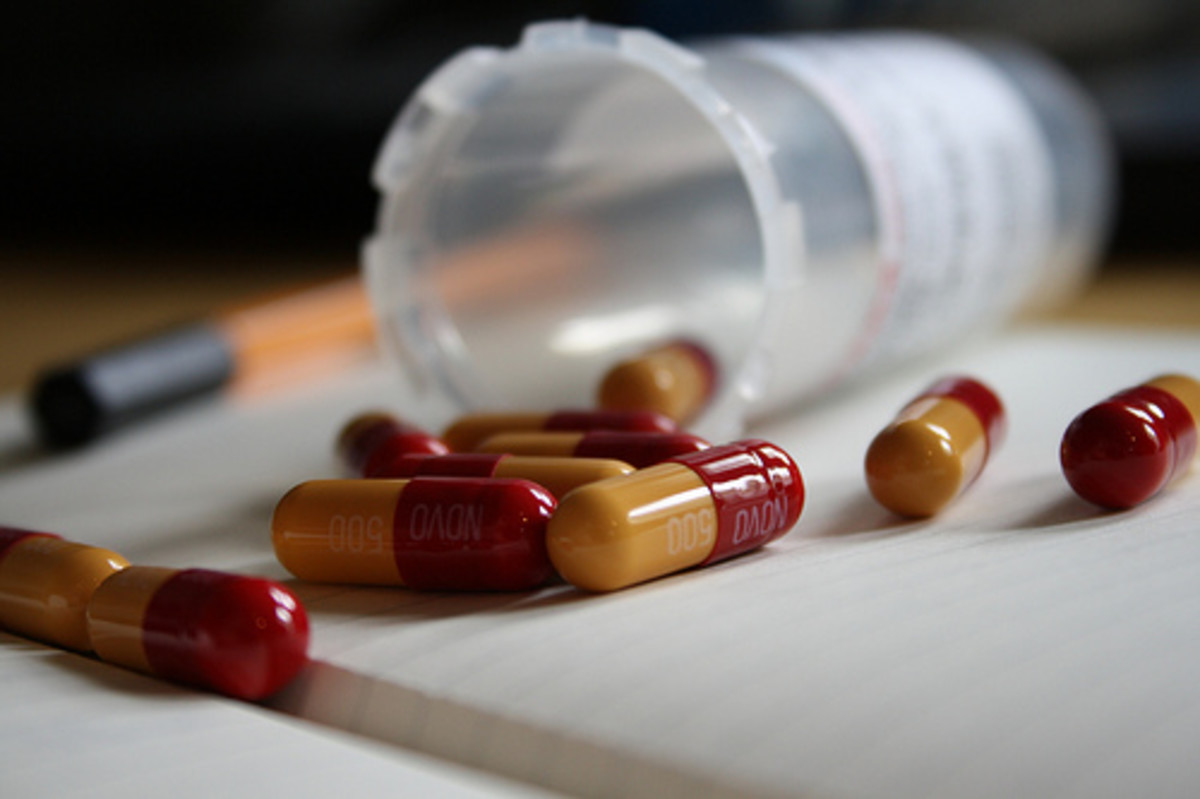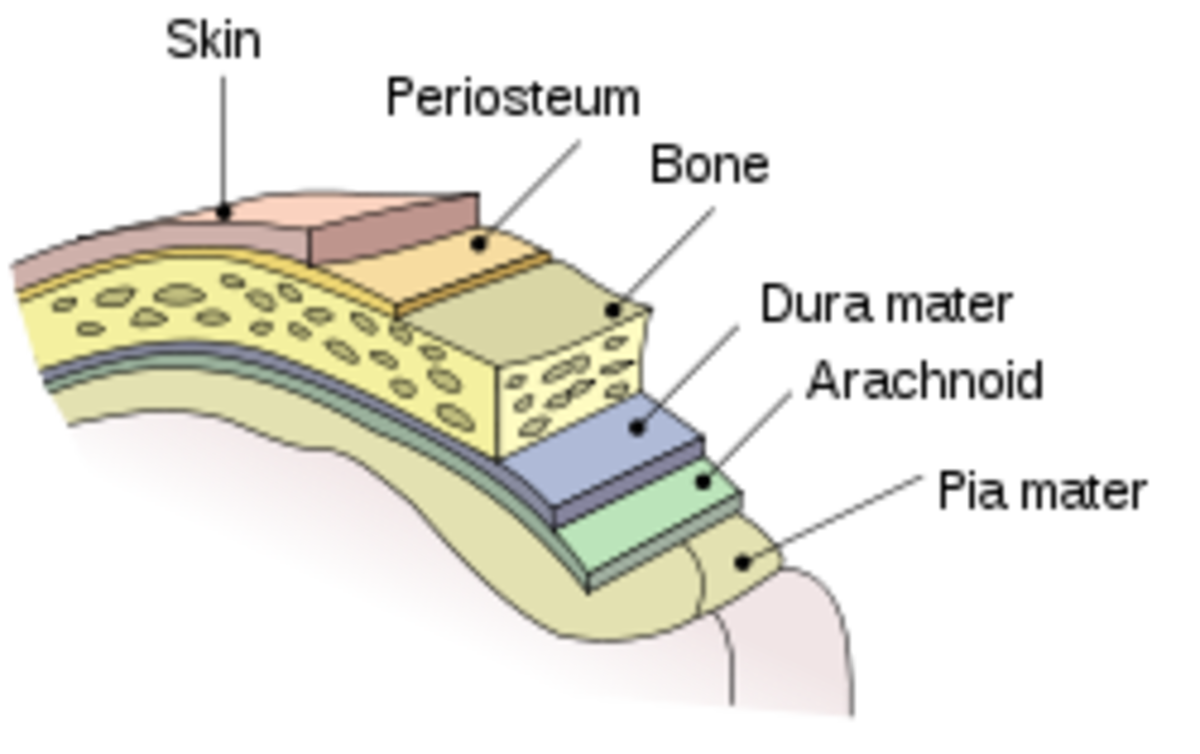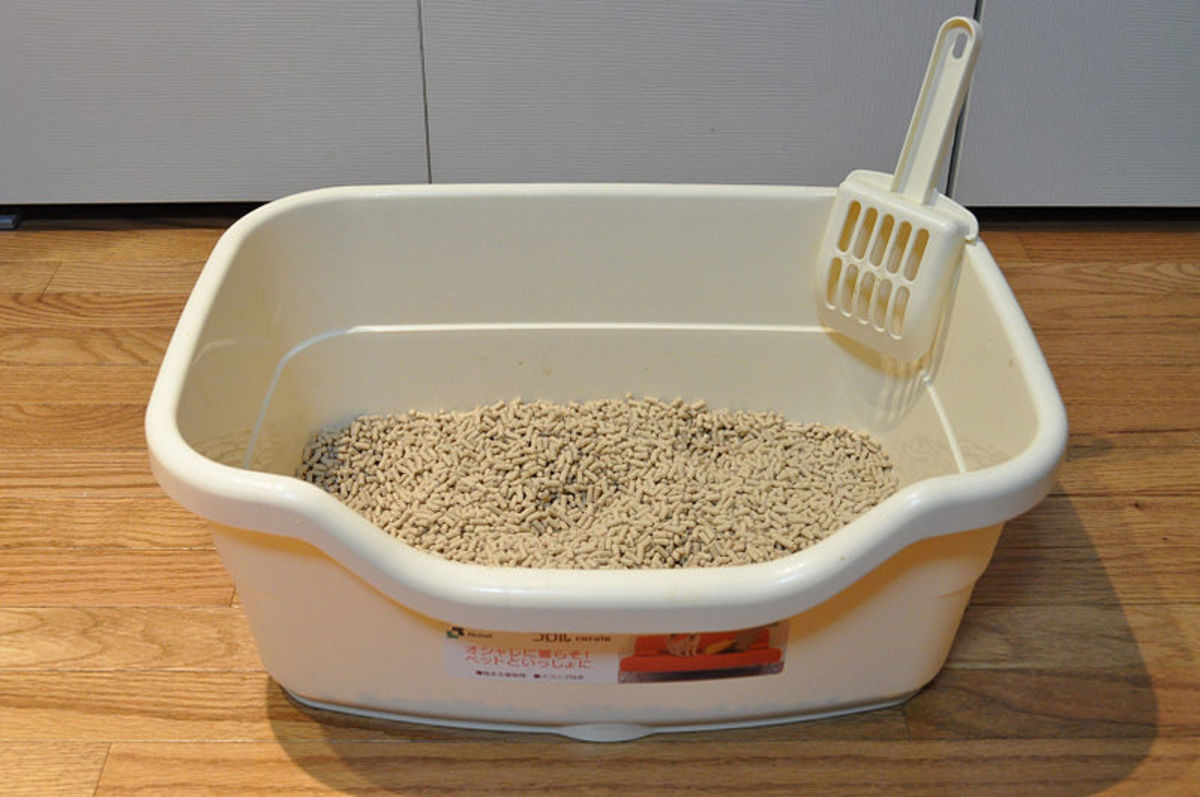How to Safely Take Medications and Vitamins
Tips for Taking Your Medications
We take medications, vitamins, supplements, over the counter drugs and herbal remedies. Very often we don't realize the combination of all these things may cause adverse effects. Some of these drug reactions can have serious implications and complications for the person.
Here are some tips to become an advocate for yourself or the people you are taking care of:
- keep track of all your prescriptions, over the counter drugs, vitamins, minerals, and supplements and herbbal remedies you take.
- carry a copy of all the products you consume wherever you go.
- give a copy to your doctor, and to family members
- when you order a prescription, be sure to tell the pharmacist about the other products you are taking. Their knowledge and expertise about combining drugs could save your life about the negative interactions these could cause
- If you are experiencing any adverse reactions, call your doctor immediately
- pill boxes, calendars, wall charts are excellent ways to avoid overdosing or duplicating dosages
- try to use the same pharmacy for all your prescription needs so they could be on the alert for potential issues drug combinations may cause
- should you go into the hospital or other facility, make sure the staff is aware of your medication list and scheduled times you take your medications. Make sure to also discuss your medical history
- avoid consuming alcohol while you have been prescribed the medication
- Make sure you are aware of the side effects so that you don’t operate machinery or drive a car, if for example, drowsiness could occur.
- Educate yourself about the medications you are taking
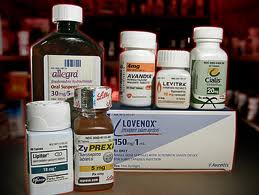
Keep Track of Your Medications
Make
a chart that includes information like below for each regular
prescription you take to make sure your refills are consistently the
same pills
Medication name (both brand and generic)
Size, color, & imprint on pill
Dosage
Common side effects
What to do for side effects
When to call your doctor
Other special instructions
Do you take it with food or without food
Things to avoid while taking this medication
More Tips
- Make sure you take the medicine precisely as instructed, don’t change the dosage without talking to your doctor.
- Don’t take medication that is prescribed for someone else
- Don’t break or crush the pills,without talking to your pharmacist or doctor (sometimes they need to be taken intact)
- Throw away pills that are past their expiration date
- Do not throw old pills down the drain or toilet
- keep your prescriptions in a moderate environment, not too cold, not too hot.
Ask questions about the prescribed drugs so that you can be more informed about why and what you are taking Here are some questions to ask: How long should I take the medicine for? What is the medicine for? What are the side effects? What should I do if I have side effects? Can I take this medicine with food, or without food? Can I take this prescription with other drugs, vitamins, and herbal remedies I take?
- What is the medicine for?
- How am I supposed to take it, and for how long?
- What side effects are likely? What do I do if they occur?
- Is this medicine safe to take with other medicines or dietary supplements I am taking?
- What food, drink, or activities should I avoid while taking this medicine?
- know the risks of the medication you are taking
- be sure to tell your doctor about allergies you have
- count the pills after you get them from the pharmacist. Sometimes their counting machines are off.
Ask Your Pharmacist - They Can Teach You A lot
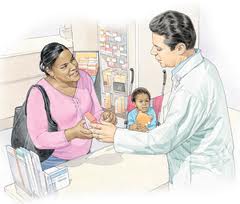
Be in the Know
- know the name and phone number of the doctor who prescribed the medication
- read the label on the prescription, and ask your pharmacist any about any questions you may have.
- pills from the refilled prescriptions should look identical to the original pills.
- if the dosage prescribed does not fit your schedule, talk to your doctor about making adjustments. Do not make any decisions on your own.
- pay attention to how you feel after you take the medication and report any side effects, no matter how minor.
- if you miss a dosage, don’t double up
- if you accidently take too much of the medication, call your doctor or pharmacist
- if you accidently take medication that is not yours, call the poison control center immediately
- learn from your pharmacist about measuring liquid medicine. Teaspoons and tablespoons from your silverware are not accurate measurements
Apply these same safeguards for children, seniors, and anyone you are a care giver for.
When
a doctor prescribes medication, it is a good idea to take notes and
repeat the instructions so that you know you heard the doctor correctly.
Make sure you know the name of the drug and the generic version, if
that is what the doctor prescribed. Know the dosage and how often you
need to take the medication. Know the intended use. Be an advocate for
your own health and well being.

